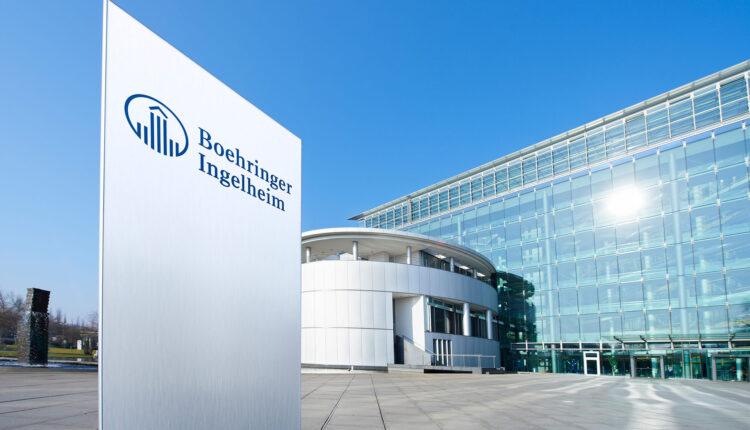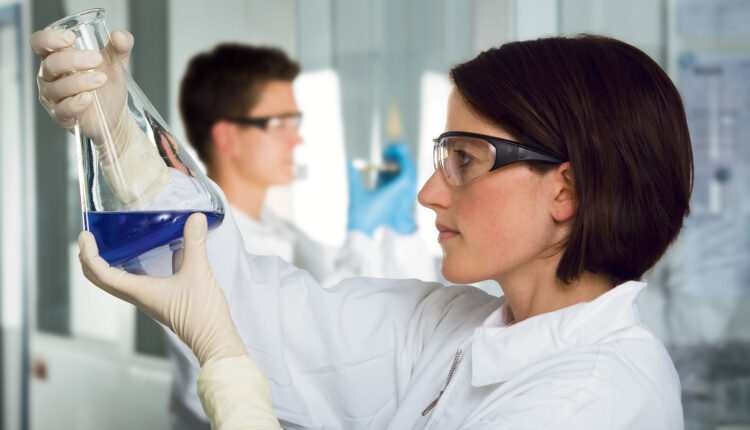Continuing a journey that began 135 years ago, Boehringer Ingelheim continues to offer solutions for unmet medical needs and strengthen ambitions to address global health and environmental challenges at the same time.
Its renewed strategic approach continues to focus on the strength and value of long-term cooperation that contributes to a healthier and more sustainable future for society.

With the MORE GREEN pillar, Boehringer Ingelheim aims to become even more environmentally sustainable, continuing the significant reduction of greenhouse gas emissions, energy and resource use as well as water footprint.
It renews its environmental sustainability objectives by committing to ensure carbon neutrality for its operational operations by 2030 and further reduce the water footprint, especially in areas affected by the availability of water, as well as to protect clean water in the communities in which the company operates. Also, it applies circularity principles to reduce operational waste in landfills, as well as ecodesign and green chemistry principles for all new products.
In Greece, the company has been active for more than half a century with a production plant in Koropi. Its production volume amounts to 60 million packages of medicines per year. For this purpose, the use of water is required.

As a result of its industrial activities, 12,000 m3 of water waste is produced.By decision of the company, the treatment of water waste is carried out inside the factory’s facilities in its biological treatment plant. Then the water is refined into two wetlands. The treated water is used to irrigate a field of 7.7 acres, planted with lawns and ornamental plants.
According to the company’s calculations, if this work was assigned to the nearest external wastewater treatment plant, it would have to travel 500 times a year 60 km of transport trucks. This total distance (30,000 km) corresponds to 75% of the length of the Earth’s equator which would lead to significant carbon dioxide (CO2) emissions into the environment.
At the same time, natural water resources are saved since unnecessary irrigation with drinking water network would be required for the maintenance of the green landscape. This way, the company highlights its sensitivity to the environment, contributing to sustainable development.

